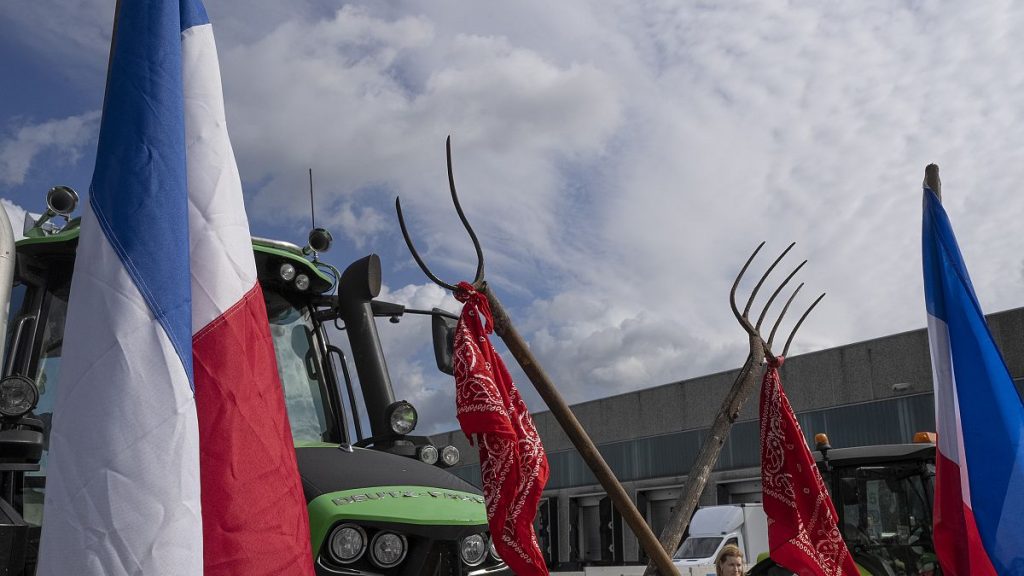The Netherlands’ Farmer-Citizen Movement, known as BoerBurgerBeweging (BBB), has recently made history by becoming the first activist farmers’ political group to enter the government in the country. Forming an agreement with three other parties to create a right-wing government, BBB’s inclusion in the executive marks a significant shift in the country’s farming policies. Born out of the 2019 farmers’ protest against proposed agriculture emissions restrictions, BBB’s presence in the government may also have implications for EU policies. The coalition agreement outlines a focus on putting farmers at the forefront of policies that are based on practicality and regular consultations with farming organizations. The manifesto also promises to adapt European directives to support the earnings model, but not propose any national measures more ambitious than existing EU standards.
One of the key areas of change in the Netherlands’ farming policies under the new government is nitrogen emissions. Dutch farmers have faced challenges in reducing nitrogen pollution, primarily coming from animal manure and fertilizer use. Previous plans included significant cuts in livestock farming to reduce emissions by 2030, but the new government is shifting away from this approach. There is now a focus on working towards improved and workable standards in collaboration with the EU. Emergency measures will also be considered to address the ongoing crisis, with the central government leading in the licensing of manure processing. The manifesto also highlights the importance of cooperation between arable and livestock farmers for more efficient spreading of manure on arable land, as well as ensuring access to land for young farmers to start or take over businesses.
The impact of the new Dutch government’s farming policies may extend to EU policies, particularly regarding the Nitrate Directive and Natura 2000 framework for protected areas. The government plans to align nitrogen and phosphate standards in surface water with neighboring countries such as Belgium and Germany to reduce nutrient-polluted areas. Additionally, the designation of vulnerable areas within Natura 2000 will be revised, with a focus on demonstrating that certain areas in the Netherlands are no longer vulnerable. There is also alignment with the EU Commission’s stance on ending the transport of animals over long distances if it does not meet European animal welfare requirements. In terms of trade, the government aims to ban imports of goods that are not allowed to be produced in the Netherlands to ensure fair competition in international trade agreements.
Overall, the Netherlands’ Farmer-Citizen Movement entering the government signifies a shift in the country’s farming policies towards a more farmer-centric approach based on practicality and consultation. The focus on cooperation between different farming sectors, access to land for young farmers, and developing new earning models in the food chain highlights a commitment to supporting agricultural sustainability and growth. The impact of these policies on the EU, particularly in areas of nitrogen emissions, Natura 2000 designation, and animal welfare standards, may lead to potential changes in EU regulations and directives. The government’s stance on trade also shows a commitment to fair competition in international markets by banning imports of goods that do not meet Dutch production standards.













